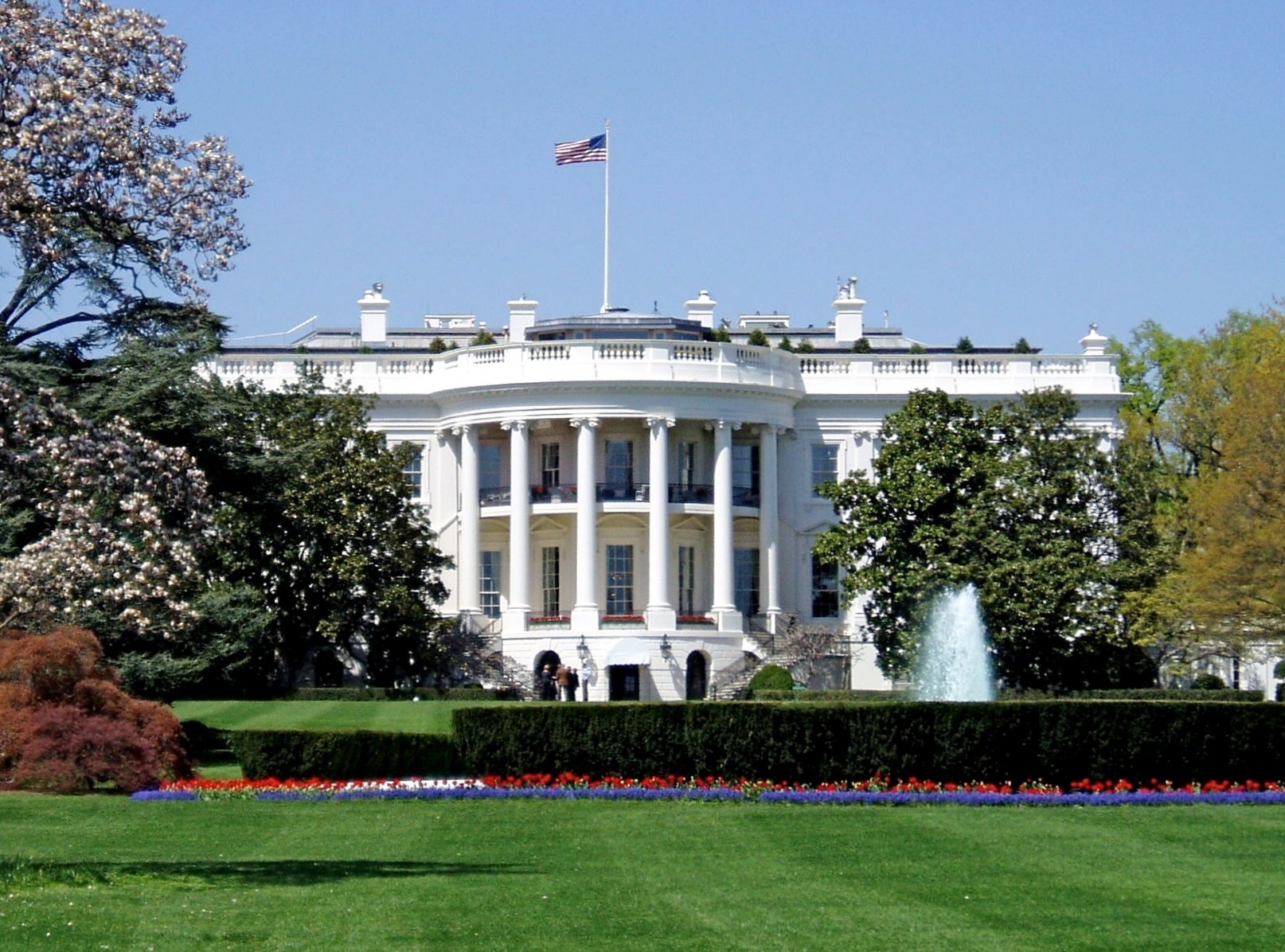Have a story idea
Have a story idea? Send it to us here.

Source : Wikimedia
June 2, 2025
Author : Patty Allen
The White House has formally moved to disassemble the federal Disadvantaged Business Enterprise (DBE) program, a foundational affirmative action policy in transportation contracting, citing constitutional issues.
The action is part of an overall effort to undo race- and gender-conscious policies across federal agencies and would transform how women-owned and minority-owned businesses gain access to infrastructure funding.
In a motion filed with a U.S. District Court in Kentucky, the Department of Justice said it would no longer justify the constitutionality of the DBE program in the case of two white-owned construction companies that sued the government, charging the program discriminatorily restricted their access to federally funded contracts. The government’s move represents a significant departure from contracting policy based on the argument that the program offended the Equal Protection Clause.
Since its inception in 1983, the DBE program has required that a minimum of 10% of federal transportation funding be allocated to minority- and women-owned firms.
It was extended in the 2021 Infrastructure Investment and Jobs Act and now certifies more than 49,000 firms. The future of the DBE program may be in grave danger, cautioned law firm Piliero Mazza in a recent legal alert, citing a surge in constitutional challenges in the wake of the Supreme Court’s 2023 ruling against race-based college admissions.
The administration’s stance was made clear in President Trump's Executive Order 14151, which revoked a number of federal DEI guidance documents and directed agencies to end race- and gender-based contracting preferences.
The action has caused alarm from equity supporters and public sector officials.
A variety of state and municipal authorities have over the years instituted their own local business participation programs stronger to respond to past inequalities and improve economic inclusion. Some agencies have also expanded upon the disadvantaged and small business initiatives by creating programs for disabled veteran-owned businesses.
Business groups say that removing DBE rules could make it harder for small companies to get contracts and make public projects less competitive.
A number of transportation agencies have already started to review their compliance processes in case the courts decide to make changes. If the federal program were reversed, it would be a turning point in the future direction of public procurement policy across the country.
While some officials believe that economic disadvantage should be the sole basis for determining eligibility, critics believe that eliminating race and gender as considerations will disproportionately hurt historically excluded groups. Law firm Piliero Mazza suggests it is possible the DBE program remains but is altered to remove the "race-based presumptions of social disadvantage".
The court hearing is still underway and no final decision has been made. But as the federal government withdrew from its defense, the future of the program is now in the hands of the judiciary and can be a precedent for other programs nationwide.
Category : Disadvantaged Business Enterprises Minority Business Enterprises Minority Women Business Enterprises Women Business Enterprises Department of Transportation Diversity Outreach Federal Government Procurement
